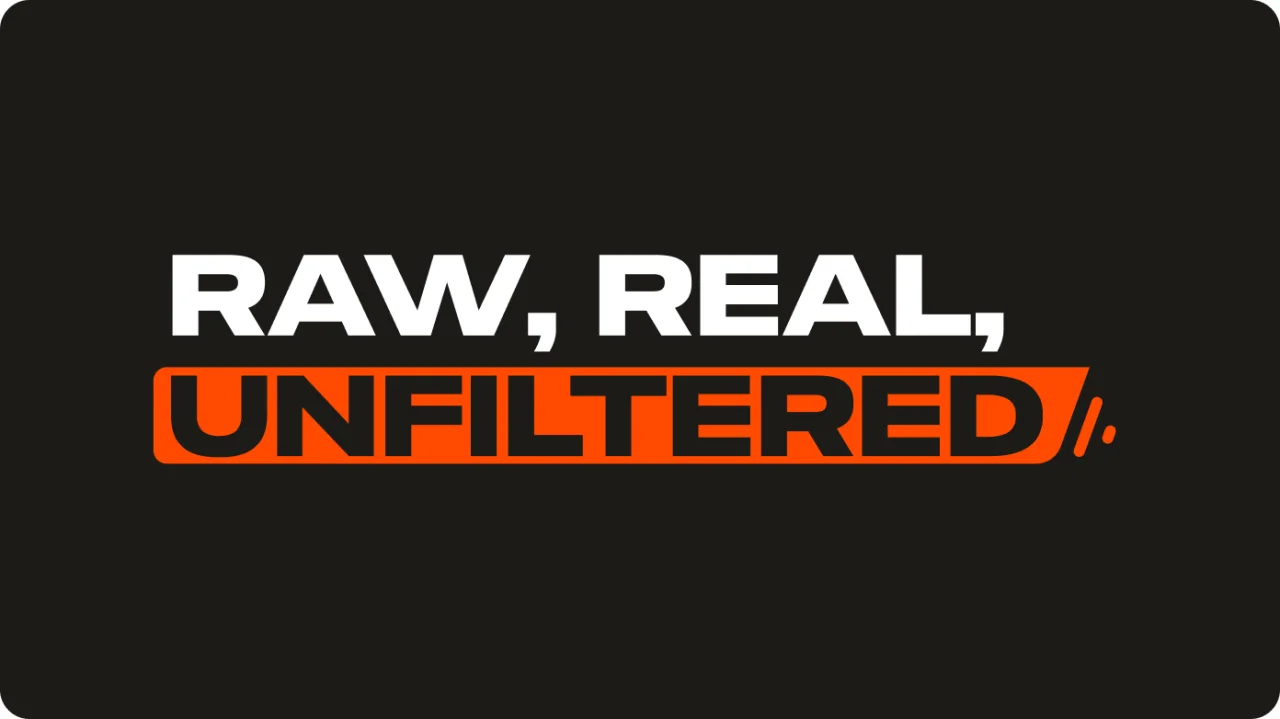Lay a Legal Foundation Without the Large Bills
A compliant business protects you from personal liability and helps you qualify for licenses, credit, and future funding. Good news: initial filing fees for a single-member limited liability company (LLC) can cost under $200 in most states, making it an affordable option.
Basic legal steps to start a business with no money include:
Form an LLC. Many states allow online filing through the Secretary of State’s office, with initial filing fees ranging from $50 to almost $500. Sometimes, states may offer fee waivers or reduced-cost filing programs, so check to see what help might be available.
Get a free Employer Identification Number (EIN) from the IRS. You need to open a business bank account and file taxes.
If zoning laws allow, you can use your home address for business. However, some states permit P.O. boxes or virtual offices for privacy, so review state rules.
Starting lean doesn’t mean skipping structure. Although you can’t avoid all fees when forming your business structure, set it up once, the right way, and avoid problems later.
Starting a Business with No Money: Free Tools and Tactics
You don’t need a loan to launch your venture. You need traction. There are more free tools than ever to help. Here’s how starting a business with no money can look in action. Offer a service first. That could be consulting, tutoring, digital design, anything that trades time for dollars. Then, stretch your resources with freemium tools like Canva or Wave. Before buying a domain, test your offer on TikTok or LinkedIn to gather feedback and generate leads for free.
Starting lean gives you flexibility. You can refine your business model as you learn, without needing to please a board of investors.
The Power of Business Credit
You can build business credit without cash, starting with four simple steps.
Apply for a D-U-N-S Number (free via Dun & Bradstreet) to establish your business credit profile.
Open a business checking account using the EIN in your LLC name.
Get a secured business credit card or net-30 vendor accounts (like Uline or Quill) that report to credit bureaus.
Consistent on-time payments build your credit profile and unlock future funding without personal guarantees.
Business credit helps you access capital later without relying on high-interest loans or personal cards.
Get Creative with Funding—No Bank Loans Required
When traditional capital isn’t an option, consider these avenues:
Grants for small businesses. Check Grants.gov and your local Small Business Development Center (SBDC) for opportunities.
Pitch competitions. Many cities and incubators run no-equity pitch events with real cash prizes.
Pre-sell products or services. Use platforms like Gumroad or Kickstarter to validate and fund your idea before launch.
You don’t need a venture capitalist’s check. You need proof of concept and a path to revenue. Both are within reach.
Building a Compliant and Sustainable Solo Venture
Compliance isn’t glamorous, but it’s non-negotiable. It’s more affordable and easier to manage when you’re solo if you stay organized, with these four steps:
File required reports. Most states require annual or biennial LLC filings. Track deadlines via your Secretary of State site.
Keep a separate bank account. Commingling personal and business funds can destroy your liability protection.
Use a registered agent. Get either a professional service or someone who meets your state’s requirements. This keeps your home address private and ensures you receive legal notices.
Stay current on taxes. Use IRS Form 1040-ES to estimate quarterly taxes. If cash is tight, file on time and request a payment plan.
Sound systems save solo founders from burnout and protect against business-killing fines.





